Scientific Sessions
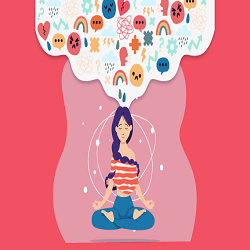
Track-01: Mental Health and Well-being
Mental health and well-being encompass a person's emotional, psychological, and social state. It involves the ability to manage stress, form positive relationships, and adapt to life's challenges. Good mental health contributes to overall life satisfaction and effective functioning. Factors like genetics, environment, and social connections influence mental well-being.

Track-02: Psychological Resilience
Psychological resilience refers to an individual's ability to adapt, bounce back, and maintain mental well-being in the face of adversity, stress, or significant challenges. It involves the capacity to cope with setbacks, learn from experiences, and maintain a positive outlook. Resilient individuals can navigate hardships, setbacks, and trauma while continuing to grow and thrive.
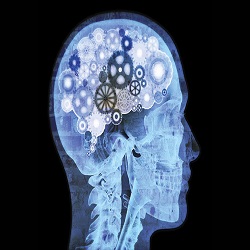
Track-03: Prevention and Early Intervention
Prevention and early intervention in the context of mental health involve strategies to identify and address potential issues before they escalate. Prevention aims to reduce the occurrence of mental health problems, while early intervention focuses on identifying and addressing concerns in their initial stages to prevent further development or worsening of symptoms.

Track-04: Cultural Perspectives
Cultural perspectives refer to the way individuals or groups interpret and make sense of the world based on their cultural background, values, traditions, and shared experiences. Culture influences beliefs, behaviors, communication styles, and attitudes toward various aspects of life, including health and well-being.
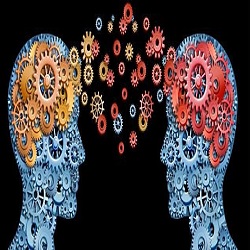
Track-05: Mental Health Policy and Advocacy
Mental health policy and advocacy involve the development, implementation, and promotion of strategies, laws, and initiatives to support mental health at the societal level. Mental health policies outline frameworks for service delivery, accessibility, and resource allocation to address mental health needs. Advocacy focuses on raising awareness, challenging stigma, and influencing decision-makers to prioritize mental health issues.
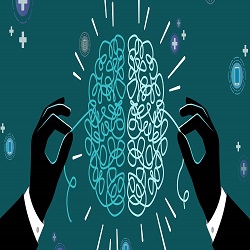
Track-06: Innovations in Research and Treatment
Innovations in research and treatment in the field of mental health involve the exploration and application of novel approaches to better understand, diagnose, and address mental health issues. Cutting-edge research methods, technology, and therapeutic interventions contribute to advancements in the field. This includes the development of new medications, therapeutic techniques, and digital health tools that enhance diagnosis, treatment planning.
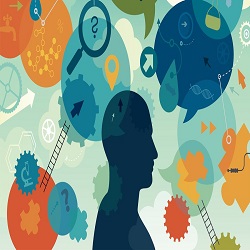
Track-07: Human Resilience
Human resilience is the innate ability of individuals to bounce back, adapt, and maintain well-being in the face of adversity, trauma, or significant life challenges. Resilience involves drawing on personal strengths, coping mechanisms, and support systems to navigate difficult circumstances. It is not the absence of stress or hardship but the capacity to effectively respond and recover from them.
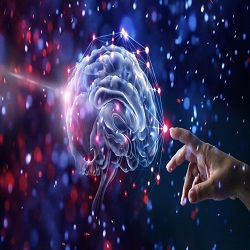
Track-08: Clinical Psychology
Clinical psychology is a branch of psychology that focuses on assessing, diagnosing, and treating mental and emotional disorders and behavioral issues. Clinical psychologists employ a variety of therapeutic approaches, such as cognitive-behavioral therapy, psychoanalysis, and humanistic therapy, to help individuals improve their mental health and well-being. They work with clients of all ages and backgrounds.
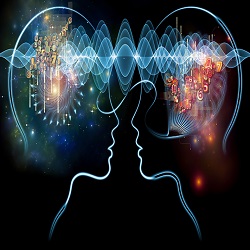
Track-09: Psychology and psychiatry
Psychology is a broad discipline that explores human behavior, thoughts, and emotions. Psychologists study various aspects of mental processes and behavior through research, observation, and experimentation. Psychiatry is a branch of medicine focused on the diagnosis, treatment, and prevention of mental illnesses. Psychiatrists are medical doctors who specialize in mental health and can prescribe medications.

Track-10: Child Abuse
Child abuse refers to the physical, emotional, or sexual mistreatment or neglect of children, causing harm to their well-being. This distressing phenomenon can occur within families, institutions, or communities, affecting children of all ages, races, and socioeconomic backgrounds. Child abuse can manifest in various forms, including physical violence, verbal abuse, emotional neglect, sexual exploitation, or inadequate supervision.
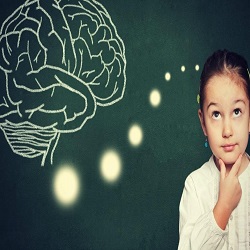
Track-11: Child and Adolescent Psychiatry
Child and adolescent psychiatry is a specialized branch of psychiatry that focuses on the mental health and well-being of children and teenagers. This field addresses a wide range of emotional, behavioral, and developmental disorders that can affect young individuals. Child and adolescent psychiatrists are trained to assess, diagnose, and treat conditions such as anxiety, depression, attention-deficit/hyperactivity disorder (ADHD), autism spectrum disorders, and more.

Track-12: Adult and Geriatic psychiatry
Adult psychiatry deals with mental health issues affecting individuals typically from late adolescence through the adult years. Psychiatrists in this field assess and treat a wide range of psychiatric disorders such as depression, anxiety, bipolar disorder, schizophrenia, and personality disorders. Geriatric psychiatry, on the other hand, specializes in the mental health care of older adults, often those aged 65 and above.

Track-13: Addiction
Addiction refers to a chronic and relapsing condition characterized by the compulsive use of substances (such as drugs or alcohol) or engaging in behaviors (such as gambling or gaming) despite adverse consequences. It is considered a complex brain disorder that involves changes in brain structure and function, affecting an individual's ability to control their impulses. Substance use disorders can have profound effects on physical health, social relationships, and daily functioning.

Track-14: Mental Health
Mental health encompasses emotional, psychological, and social well-being. It involves the ability to handle stress, relate to others, make decisions, and navigate life's challenges. Mental health disorders can affect thoughts, feelings, and behaviors, impacting various aspects of daily life. Common mental health conditions include depression, anxiety, bipolar disorder, schizophrenia, and others.
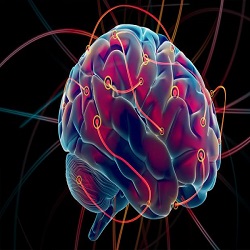
Track-15: Neuropsychiatric Disorders
Neuropsychiatric disorders refer to conditions that involve a combination of neurological and psychiatric symptoms, indicating dysfunction in both the brain's structure and function. These disorders arise from complex interactions between genetic, environmental, and neurobiological factors. The term encompasses a wide range of conditions that affect cognition, mood, behavior, and overall mental well-being.
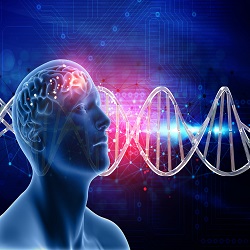
Track-16: Psychological Disorders
Psychological disorders encompass a diverse range of conditions that adversely impact an individual's thoughts, emotions, and behavior, leading to significant distress and functional impairment. Ranging from mood disorders like depression and bipolar disorder to anxiety disorders, psychotic disorders like schizophrenia, and conditions like ADHD, eating disorders, and substance use disorders, these conditions arise from a complex interplay of genetic, biological, and environmental factors.
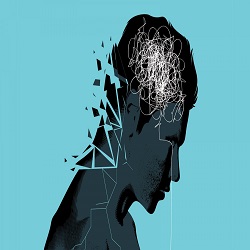
Track-17: Stress, Anxiety and Depression
Stress, anxiety, and depression are interconnected yet distinct mental health conditions that can significantly impact an individual's well-being. Stress is a natural response to challenging situations, but when prolonged or overwhelming, it can lead to physical and emotional strain. Anxiety involves excessive worry, fear, or apprehension about future events, often beyond what is considered normal, and can interfere with daily life.

Track-18: Mental Health Awareness
Mental Health Awareness involves promoting understanding, acceptance, and open dialogue about mental health issues to reduce stigma and encourage seeking help. It aims to educate the public about various mental health conditions, their prevalence, and the importance of overall well-being. Mental Health Awareness campaigns often emphasize the significance of early detection, intervention, and destigmatizing conversations around mental health.

Track-19: Neurorehabilitation
Neurorehabilitation is a complex healthcare process that aims to restore, minimise, or compensate to the greatest possible extent for functional deficits in individuals with severe disability secondary to central nervous system lesions.
Mode of Presentation
Noveltics Group Contacts

Mental Health and Human Resilience
March 23-24, 2026Berlin, Germany